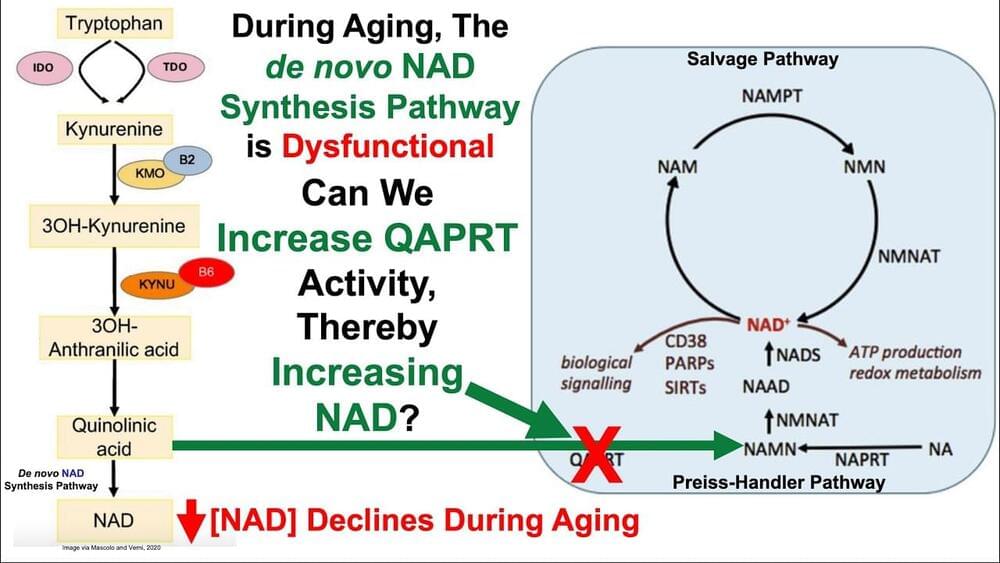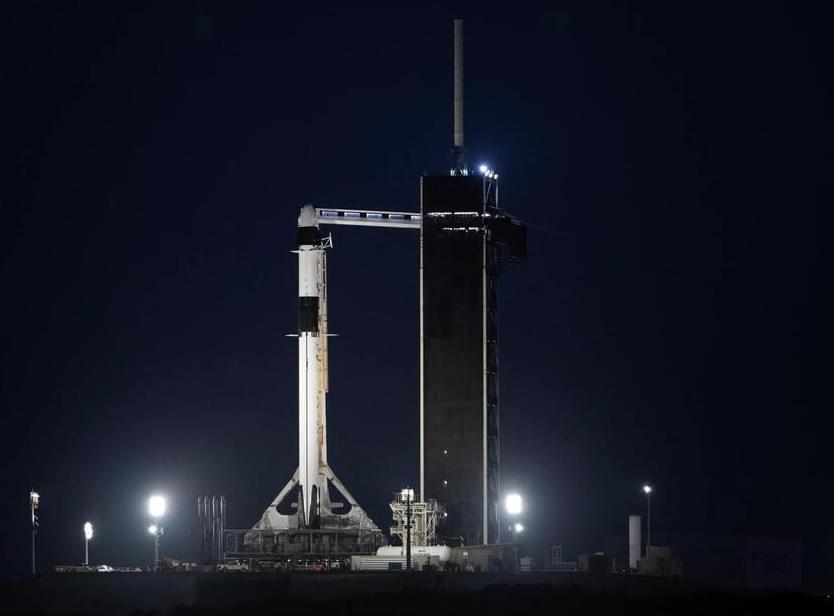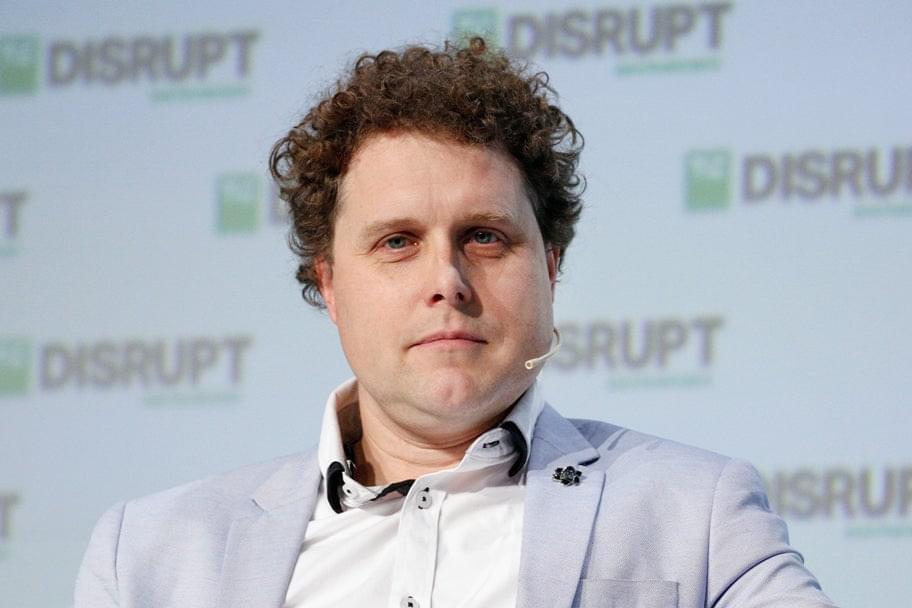Aug 23, 2023
Earth Over The Next Billion Years
Posted by Dan Breeden in categories: evolution, media & arts, space
Our lifespans might feel like a long time by human standards, but to the Earth it’s the blink of an eye. Even the entirety of human history represents a tiny slither of the vast chronology for our planet. We often think about geological time when looking back into the past, but today we look ahead. What might happen on our planet in the next billion years?
Written and presented by Prof David Kipping, edited by Jorge Casas.


















